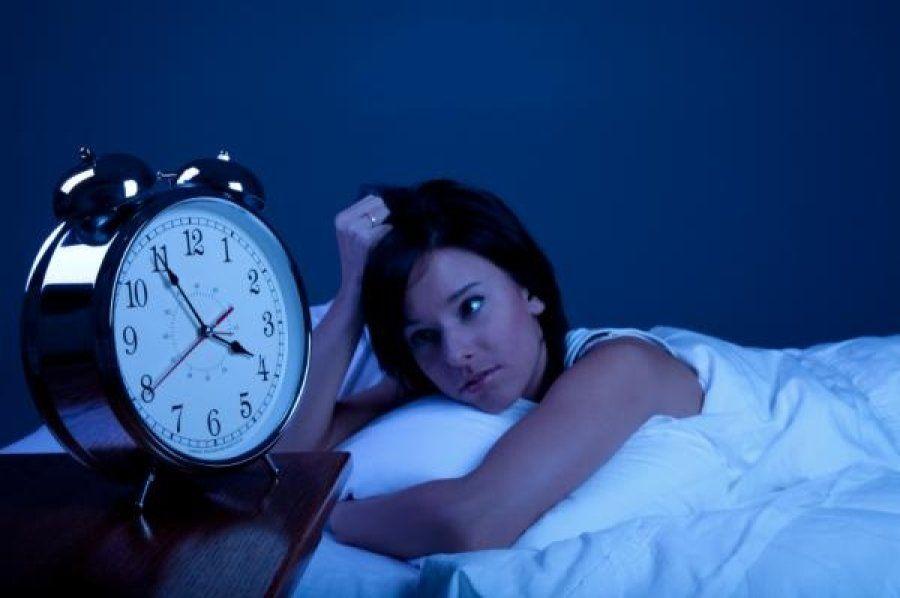
Common Types of Sleep Disorders
Sleep difficulties or disorder are changes in sleeping patterns due to various causes. These occurrences can have adverse effects on health.
These are the common types of sleep disorders
Insomnia
A persistent problem with falling or staying asleep. An overall inability to sleep characterizes insomnia but the cause can be another problem different from the disorder. Insomnia can be serious to the extent of causing sleeplessness for a full night. Most insomnia sufferers will wake too early for lack of sleep or feel sleepy in the day. Falling asleep at the most inappropriate times can be a signal of an underlying severe disorder.
Many people get mild insomnia due to medical causes or during stressful moments. About 6-10 percent of adults frequently experience insomnia to the level which it can be considered a disorder. Insomnia can cause psychological, physical and behavioral problems. Depression and anxiety worsen this sleep disorder. Physicians can treat it by determining the cause, then use regular medicinal, psychological and behavioral methods.
Obstructive sleep apnea
Obstructive sleep apnea is an intermittent blockage of airflow during sleep.
Sleep reduces the quality of breathing or stops it during sleep. It reduces the quality of restful sleep and increases sluggishness during the day. Sometimes sleep apnea can cause waking during the night as the body feels an urge to stop sleeping to get a proper breath.Snoring, snorting and gasping for air in sleep are common signs of sleep apnea. Many people with this disorder get severe disorders in the morning.
Nursing Writing Services stands firm by our committement to deliver the Best Nursing Dissertation Paper Online in delivering your work on time. Try yours today risk free.
Narcolepsy
Narcolepsy is a chronic sleeping disorder causing overwhelming drowsiness during the day.The classification for narcolepsy is excessive tiredness occurring throughout the day. People who suffer from this disorder will continuously nap. Some of them will unexpectedly fall asleep during inappropriate times such as when they are operating machinery which is dangerous to them and other people.
Common symptoms of narcolepsy are dream-like hallucinations at the onset of sleep and vivid dreams during the napping. If narcolepsy persists, it is likely to cause sleep paralysis a condition that hinders movement when falling asleep. It can also lead to a loss of muscle control.
Restless leg syndrome (RLS)
This sleep disorder crops from an irresistible urge to keep moving legs more so in the evenings. The movement of legs is involuntary. Those who experience uncontrollable urges to jerk or move their limbs when awake could be suffering from restless leg syndrome. It makes the sleep at night to be restless, so in the morning, it feels as if there was no night’s sleep. The involuntary movement of legs makes the body to wake up throughout the night due because of the disturbance by severe jerking movement of the legs. The cause of RLS can be genetical or other medical conditions such as reduced levels of dopamine in the body. The disease causes an uncomfortable feeling. Those who suffer from RLS attempt to relieve the discomfort by rubbing and movement of the limbs.
Sleepwalking
Sleepwalking also called somnambulism is a condition that causes someone to wake up and walk around while still asleep.it is prevalent in children, but they outgrow it by their teenage years although it can also occur in adults. Sleepwalking mostly occurs an hour or two after falling asleep. Often, it is a random and harmless event. There are rare manifestations of somnambulism that cause unusual behaviors such as climbing out of the house from a window.
Jet lag
Jet lag or flight fatigue is a sleep disorder affecting those who fly quickly across various time zones. It is temporary disorder causing insomnia, fatigue, and other symptoms caused by crossing different time zones hence disrupting an internal body clock. Recovery depends on the number of time zones that a traveler crosses as the body's rate of adjustments is one-time zone or two a day.
Changes in waking and sleeping time like a change of shifts are leading causes of sleeping disorders. Some can end after changing sleeping habits, but others require medical intervention if they persist. A regular doctor o specialist will determine the cause of sleeping difficulties and the medication to solve the problem.

